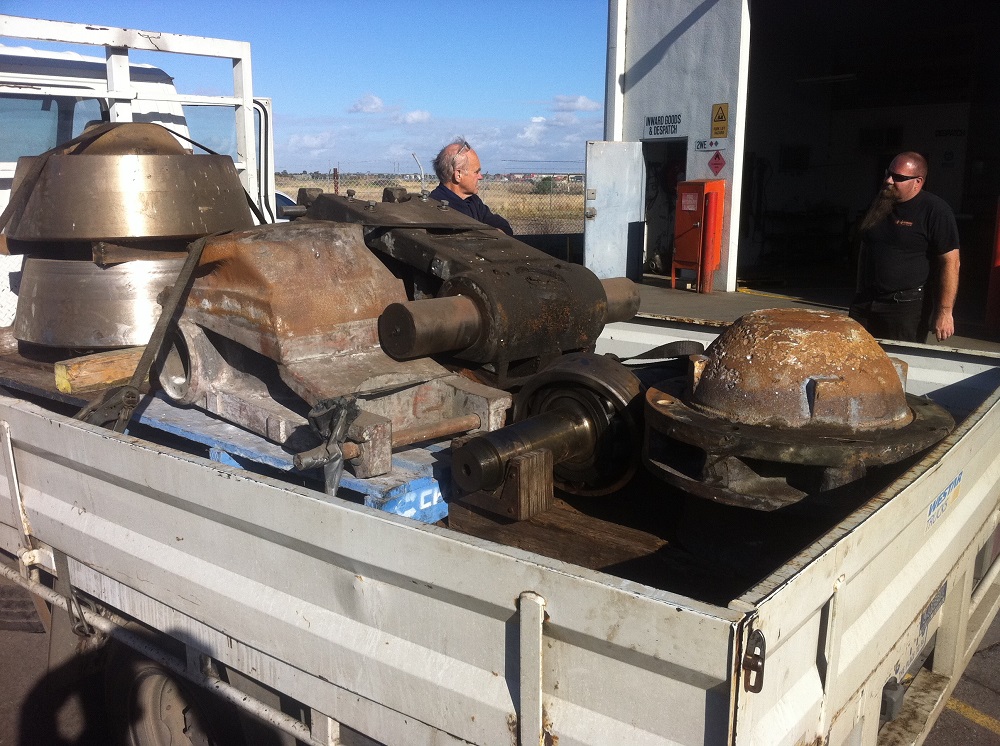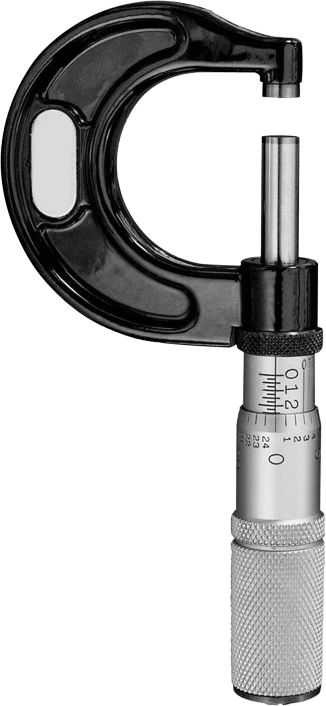
The process of turning raw product into finished stainless steel is a lengthy one, but it can be simplified into six steps. Let’s look at this incredible process.
Making the Iron
To create pure steel, the products that go into it- lime, coke and iron ore- must be made into iron. These are all put into a blast furnace and melted down to create what is called molten iron or hot metal. The iron still has many impurities at this point, and they will have to be removed to ensure the metal is not brittle.
Primary Steel Making
To get the impurities out, the molten metal is infused with scrap steel. Oxygen will be forced through the furnace as well, which gets out a lot of the carbon and other impurities. For electric furnaces, electricity will be forced through the furnace and the same results can be achieved. After this process has finished, we have raw steel.
Secondary Steel Making
The different grades of steel are used for different tasks. The grading is based on which elements are still in the metal, such as carbon dioxide. A lot of the carbon will be removed, but aluminium will take its place to create a Drawing Quality steel. To create structural steel, there is more carbon left inside, and this gives the steel more tensile strength. Certain techniques can be implemented to alter the level of impurities left, including:
- Stirring
- Raising or lowering the temperature
- Removing the gasses
- Ladle injection
When the process is over and the right grade has been achieved, the next step can begin.
Continual Casting
Next, the steel in its molten form is cast into cooling moulds. This allows the steel to become hard, and the steel is drawn out of there while it is still hot. Guided rollers are used to pull it out and then the steel is cut into the desired lengths. It may be used for beams, billets, slabs or other items, and when the parts are fully cooled they are sent elsewhere for primary forging.
Primary Forging
In this step, the rough cast items are formed into shapes through a process called hot rolling. This get rid of defects in the shape and creates the desired quality of steel. This process can be used to make seamless tubing, long and flat products and a variety of bespoke items.
Secondary Forming
To create the final shape of the steel there are a number of secondary techniques that can be used, including:
- Coating
- Thermal treating
- Joining
- Pressing
- Drilling
- Machining
- Riveting
That is the entire process by which steel is formed. If you are creating project out of steel and would like some professional advice about what technique to use or what type of steel to implement then contact us. We can take your design plans and turn them into the products you want to ensure the success of your project. Call us today for a free quote.

